16 Unspoken Rules Kids Followed in the ’90s That Taught Respect

Growing up in the ’90s came with an unwritten rulebook of respect that shaped an entire generation. Without smartphones or constant adult supervision, kids developed their own code of conduct that governed everything from Nintendo sessions to phone calls. These silent agreements weren’t just about being polite – they were the building blocks of character that many adults still carry today.
1. You Don’t Touch Someone Else’s Walkman

The Walkman was basically an extension of someone’s soul. Grabbing a friend’s prized possession without permission was the ultimate betrayal of trust. Those cassette players weren’t just music devices – they were carefully curated expressions of personality with mixtapes that took hours to create.
The rule extended beyond just Walkmans to Discmans and Game Boys too. We all knew that respecting personal property meant keeping your hands to yourself unless explicitly invited. The fear of someone’s favorite tape getting eaten or batteries dying mid-song was legitimate.
This boundary taught kids about consent and respecting personal space long before those concepts were commonly discussed.
2. If It’s Not Yours, You Don’t Sit There
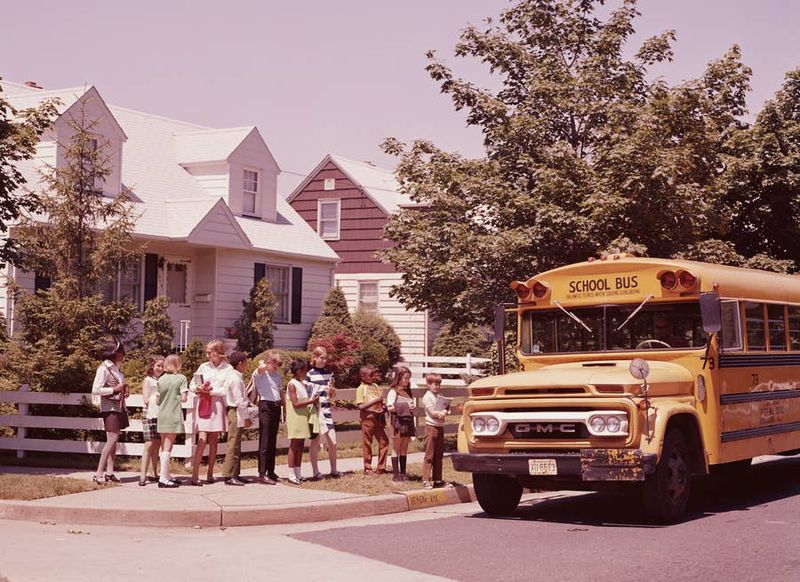
Territorial claims were serious business, especially on the school bus. That back-row seat might not have had your name engraved on it, but everyone knew it belonged to Jimmy from 8th grade. Taking someone’s unofficial spot was asking for trouble.
The fascinating part was how these seat assignments evolved naturally without adult intervention. Day by day, kids sorted themselves into a complex social geography that everyone somehow understood and respected.
Learning to honor these invisible boundaries prepared us for respecting personal space later in life. It wasn’t just about seats – it applied to desks, cafeteria tables, and even spots on the playground.
3. Don’t Call After 9 PM

The landline telephone had strict operational hours enforced by parents nationwide. Calling a friend’s house after 9 PM was practically a declaration of emergency – or a display of terrible manners. The dreaded sound of a parent answering with that tone that said you’d called too late could haunt you for days.
Before caller ID became common, every late ring risked waking a sleeping household or interrupting family time. Kids quickly learned to wrap up conversations when parents started giving the five-minute warning.
This time boundary taught consideration for others’ schedules and family time – a lesson that seems quaint in today’s 24/7 connected world.
4. If the Big Kids Are Playing, You Wait Your Turn
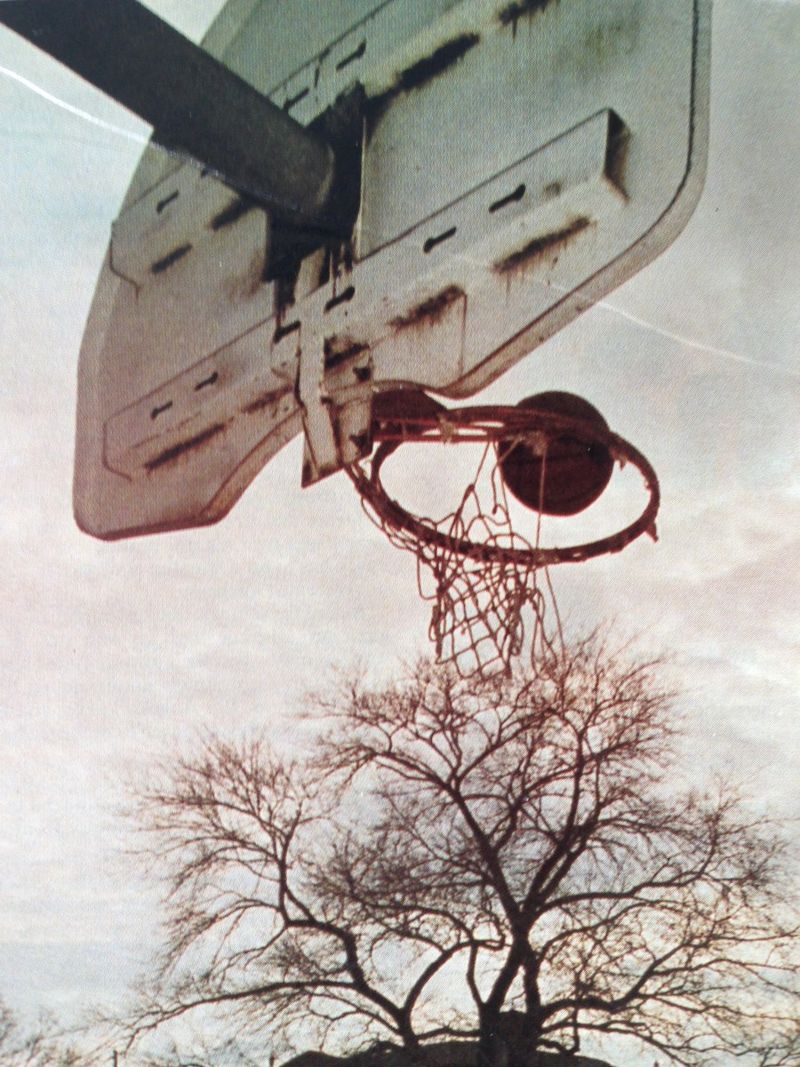
Age hierarchy was real on ’90s playgrounds and neighborhood courts. When teenagers commandeered the basketball court or street hockey game, younger kids automatically formed a patient perimeter, knowing their time would come eventually. Interrupting meant risking exile or worse – being completely ignored.
This waiting period wasn’t just dead time though. Younger kids studied techniques, learned rules, and prepared for their moment. Sometimes a particularly skilled younger kid might receive the coveted invitation to join early – a badge of neighborhood honor.
The patience this taught transferred to many aspects of life, building respect for experience and the understanding that some privileges are earned with time.
5. No Peeking During Split-Screen Video Games
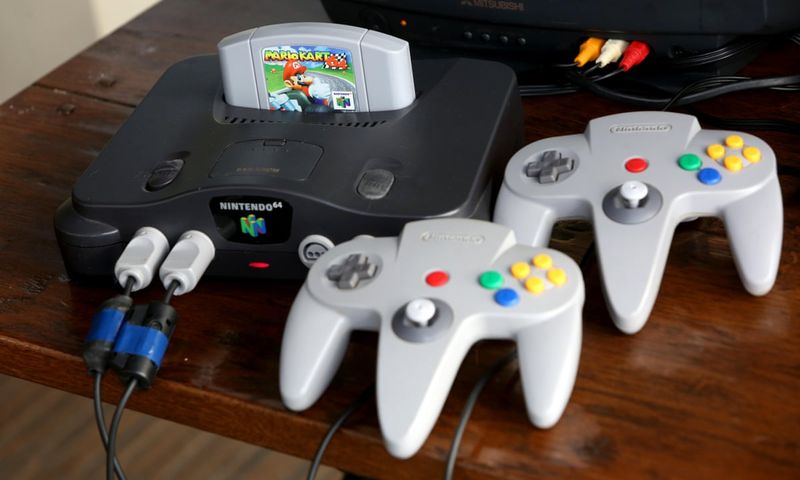
Honor system gaming was sacred in the days before online play. During intense GoldenEye 007 or Mario Kart battles, everyone knew screen-watching was the ultimate cheap move. Friends might be crowded around the same TV with four-player split screens, but your eyes stayed locked on your quadrant.
Accusations of “screen-looking” could spark heated debates and tarnish gaming reputations. Some friends even rigged up cardboard dividers between sections of the screen for high-stakes tournaments.
This unspoken rule taught integrity when nobody was forcing you to be honest. Winning felt hollow if you cheated, and the respect of your gaming circle depended on playing fair even when temptation was literally right in front of you.
6. Snitches Get Sidelined

“Don’t be a tattletale” was practically a childhood commandment. Kids developed an intuitive understanding of the difference between reporting genuine danger and unnecessarily involving adults in minor disputes. The social consequences for constant tattling were swift and lasting.
Learning this balance was tricky but essential. You might keep quiet about someone passing notes but speak up about bullying. This wasn’t just about avoiding being labeled a snitch – it was about developing judgment.
The skill of handling conflicts independently before escalating to authorities serves adults well in professional settings. While sometimes taken too far, this rule taught discretion, conflict resolution, and the importance of picking your battles.
7. Don’t Touch the TV While Someone’s Playing Nintendo

The Nintendo console transformed the family TV into sacred gaming territory. The cardinal sin? Hitting the power button, changing the channel, or jostling the system during someone’s game. With no save points in many games, one accidental bump could erase hours of progress.
Siblings developed elaborate systems of turn-taking and time limits to prevent all-out war. The desperate cry of “Don’t touch it, I’m not saved yet!” was understood across households nationwide.
This rule taught patience and respect for others’ achievements and hard work. The restraint required to wait for your turn with the controller built consideration skills that extended far beyond gaming.
8. Respect the House Rules
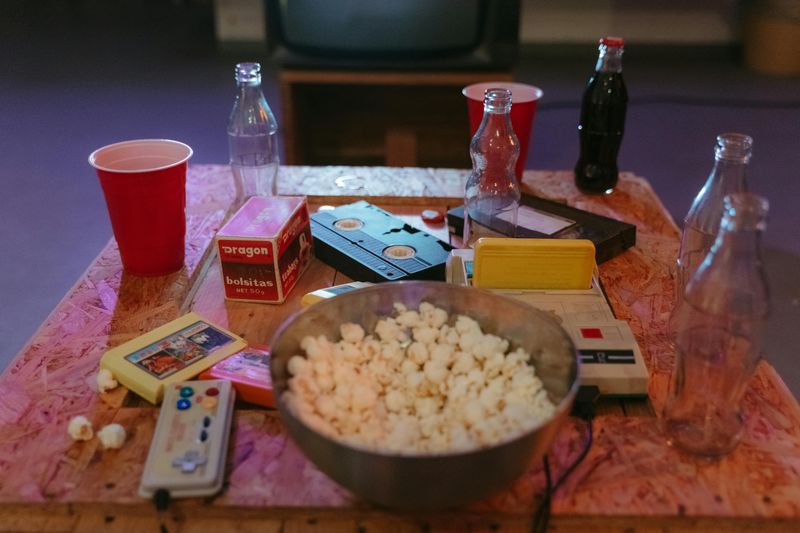
Entering a friend’s home meant instantly adapting to an entirely different set of rules. Some houses required shoes off at the door, others had strict “no running” policies, and some families had dinner precisely at 6 PM with mandatory hand-washing beforehand.
Smart kids quickly became social chameleons, observing and mirroring the household customs without complaint. The phrase “That’s not how we do it at my house” was recognized universally as poor form.
This flexibility prepared children for navigating different cultural and social environments later in life. Understanding that rules vary by household taught adaptability and respect for different family values – essential skills for a diverse world.
9. Don’t Eat the Last Slice Without Asking
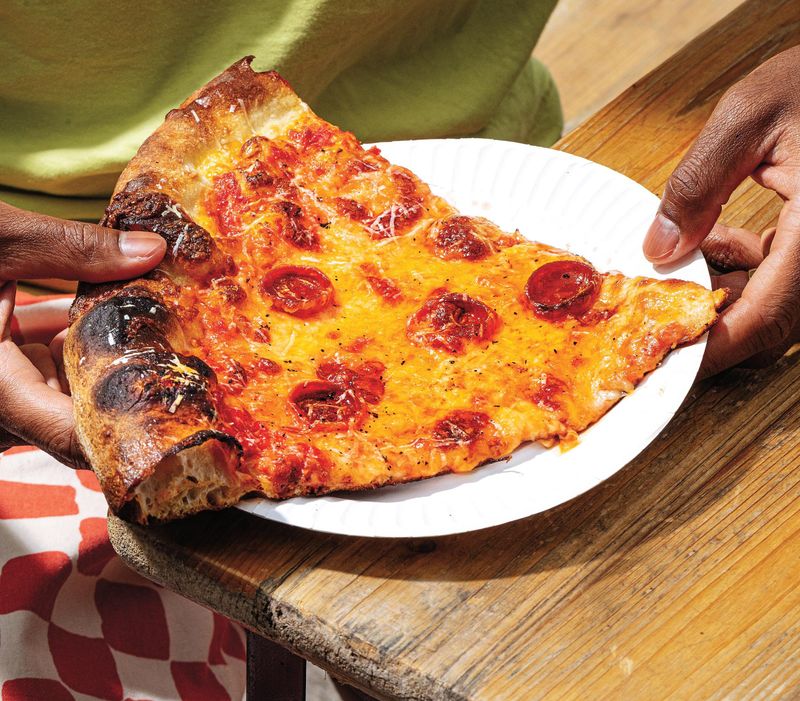
The final piece of pizza or last Fruit Roll-Up in the box was never up for grabs without a group consensus. Taking it silently marked you as selfish and potentially uninvitable to future snack sessions. The proper protocol was clear: announce its existence and offer it to others first.
Some kids developed elaborate sharing rituals – splitting the last piece equally or playing rock-paper-scissors for the honor. The most respected move was offering it to the host or the person who brought the snacks.
This seemingly small courtesy taught awareness of group needs over individual desires. The restraint practiced over childhood snacks built consideration habits that would serve well in adult social settings.
10. Borrowed Items Came Back in Better Condition
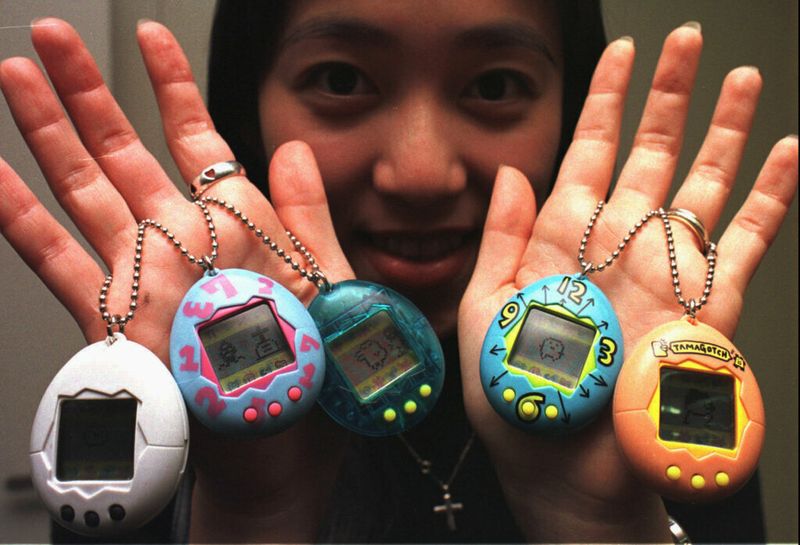
Loaning out your prized Pokémon cards or favorite Goosebumps book was an act of trust that came with expectations. The unwritten rule was clear: whatever you borrowed returned in the same – or better – condition than when it left its owner’s hands.
CD cases came back without cracks. Comic books returned without folded pages. The elite borrowers even rewound VHS tapes before returning them – the ultimate sign of respect.
This standard taught accountability and care for others’ possessions. Kids who developed reputations as responsible borrowers gained social currency, while those who returned damaged goods quickly found the lending library closed to them.
11. You Don’t Just Walk into a Friend’s House

The doorbell or knock was non-negotiable, even for best friends who visited daily. Barging in unannounced was considered wildly disrespectful across neighborhoods nationwide. Each family had their entry protocol – some parents expected a phone call before arrival, while others had the “call their name from the porch” system.
Exceptions existed for emergency situations or in rare households where parents explicitly granted “walk-in privileges” to certain friends. These coveted permissions were the ultimate symbol of honorary family status.
This boundary recognition built respect for privacy and personal space. Kids understood intuitively that homes were private domains requiring permission to enter – a concept that translated to respect for physical and emotional boundaries later in life.
12. If You Lose, Be a Good Sport
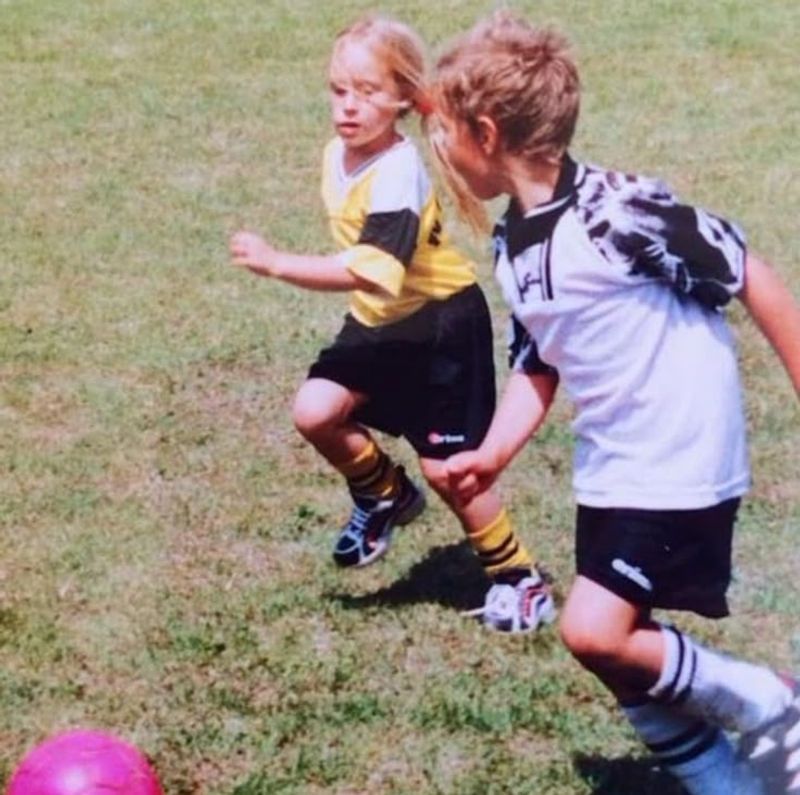
Victory dances were permitted, but excessive gloating crossed the line. Whether battling in Mortal Kombat or racing bikes down the street, kids understood that winning with grace and losing with dignity were equally important skills.
The grudging handshake after a heated competition wasn’t just for show – it was a physical reset button that allowed friendships to continue despite fierce rivalries. Those who couldn’t master this balance found themselves playing alone.
Parents reinforced this with the classic “it’s just a game” reminder, but kids internalized it through peer enforcement. This early sportsmanship training built resilience and emotional regulation skills that would prove valuable throughout life’s inevitable wins and losses.
13. No Cuts in Line — Playground Law
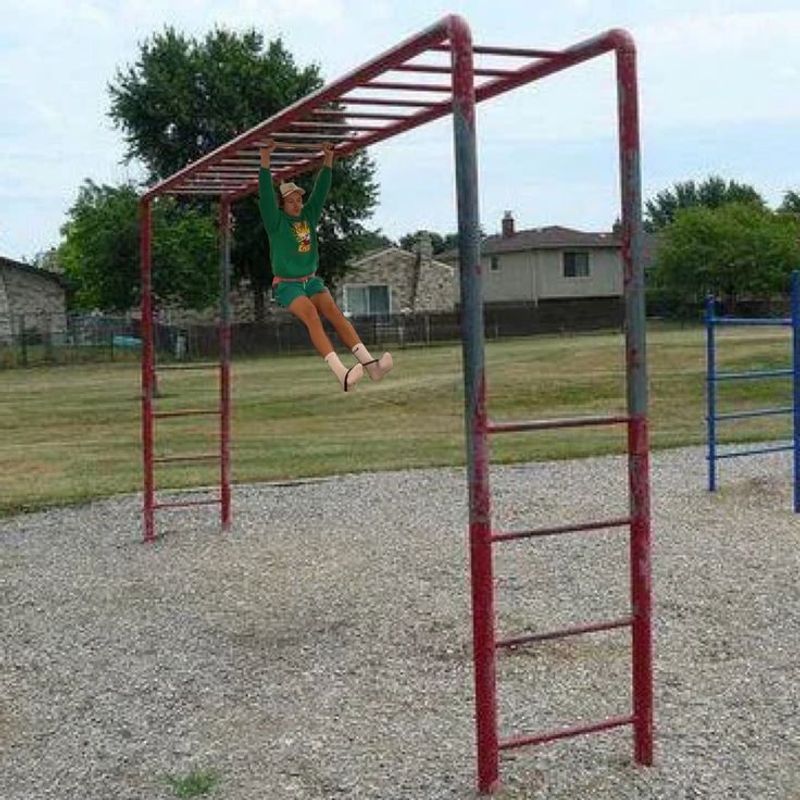
Line-cutting was the fastest way to earn playground infamy. Whether waiting for tetherball, lunch, or the water fountain, the sanctity of the queue was universally acknowledged. Violators faced immediate social correction – the chorus of “No cuts, no buts, no coconuts!” still echoes in millennial memories.
Friend groups sometimes bent the rules by “holding spots,” but even this loophole had limits. One friend could maybe save a place, but bringing in your entire crew to jump ahead would trigger immediate outrage.
This rule taught fairness and patience in its purest form. The orderly wait for your rightful turn built self-regulation skills and respect for systems that ensure everyone gets fair treatment.
14. Respect the DJ — Don’t Skip Songs on the Boombox
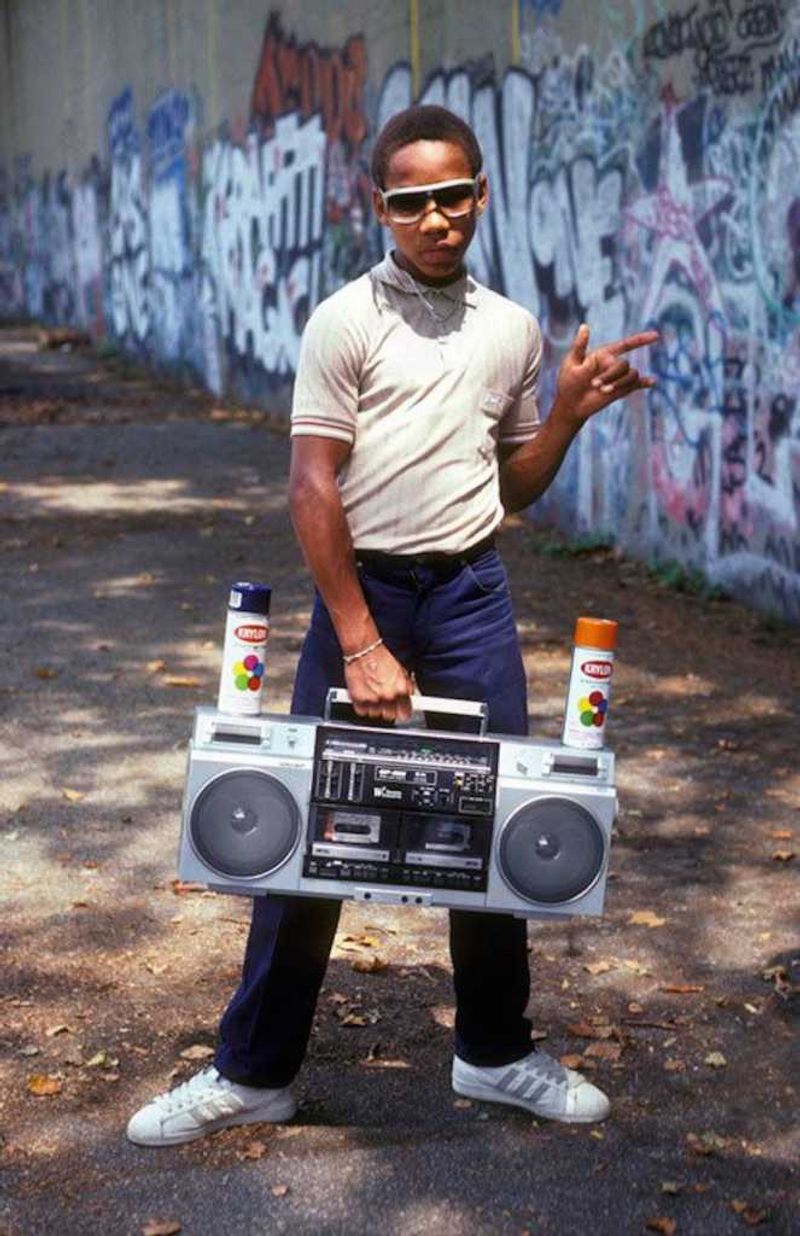
Whoever brought the boombox or controlled the stereo earned temporary musical dictatorship. Reaching over to skip a song or adjust the volume without permission was considered shockingly rude. Even if you secretly hated the song, you endured it out of respect for the DJ’s sovereignty.
Music taste was deeply personal, and ’90s kids understood this intuitively. The proper protocol was suggesting songs between tracks or politely asking if you could hear something specific next.
This practice built tolerance for different preferences and respect for others’ contributions. It also taught patience – suffering through one bad song was worth maintaining harmony in the group, a lesson that extends far beyond music choices.
15. You Always Look Out for Younger Kids

Neighborhood hierarchy came with responsibilities. Older kids automatically assumed protective roles over the younger ones without being told – it was just what you did. This meant including them occasionally in games, stepping in when bullies appeared, or helping them navigate tricky situations.
The system worked because every kid knew they’d eventually graduate to protector status. Even reluctant older siblings found themselves instinctively watching out for the neighborhood little ones when trouble appeared.
This unspoken guardianship taught empathy and responsibility. The pride that came from helping younger kids built confidence and leadership skills that many ’90s kids carried into adulthood.
16. Don’t Rat Out the Substitute
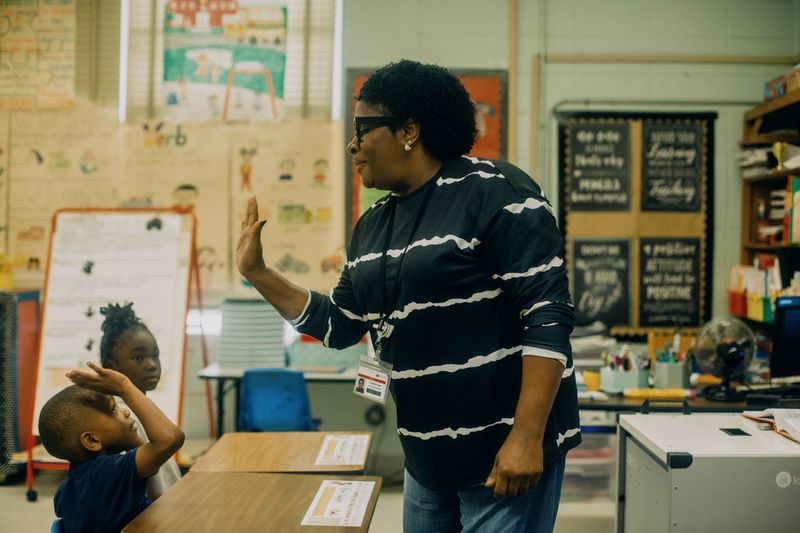
Substitute teachers represented a special case in the kid code of conduct. While the classroom might erupt into controlled chaos the moment the regular teacher left, there was an unspoken agreement: what happens with the sub stays with the sub.
This wasn’t about getting away with bad behavior – it was about collective accountability. If someone crossed the line into truly disrespectful territory, peers would often handle it internally rather than escalating to administration.
The substitute teacher rule taught group solidarity and self-governance. It created space for kids to develop their own sense of appropriate boundaries rather than simply following rules out of fear of authority.

Comments
Loading…